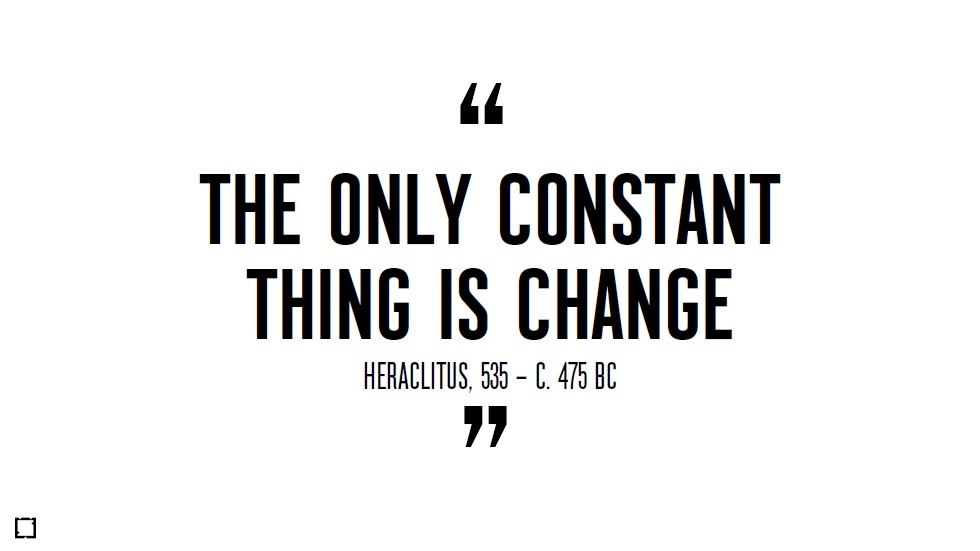Polis Intern and LSE MSc student Anaelle Azoulay reports on the latest Polis Media Agenda Talk featuring Dr Norman Lewis.

“I don’t care if you have landed a spacecraft on a comet, you are sexist”.
This is how Matt Taylor, a British scientist who succeeded in landing the Philae spacecraft on a comet located about 300 million miles from Earth (which had never been done before) got rewarded in the virtual sphere for his achievement. Talking about the mission on camera, Taylor was wearing a T-shirt depicting images of semi-clothed women. This suddenly became what he stands for.
People seem to have lost interest in true innovations and prefer to focus on more trivial phenomenon.
According to Norman Lewis, director of the Crowdsourced Innovation service at PwC UK and an Innovation Specialist, social media platforms are partly to blame for this shift.
For about a decade now, mainstream discourses have depicted digital technologies and the emergence of social media platforms as the innovations of our era. But are they really? Isn’t there more to digital technologies than Twitter’s 140 characters?
Forty years ago, technological innovations and progress used to be about the greater good of humanity, about understanding nature and unlocking the laws that governed our world. It was about going to the moon or discovering laws of relativity. Today, we have the resources to go much further than all previous discoveries. Yet, as Norman Lewis puts it, recent technological innovations are only feeding our narcissistic needs.
Clearly, Apple can be described as a pioneer. But its innovation mostly lies in its business model and the company is now sitting on its fortune instead of reinvesting it in R&D. The reason for this is fear. Fear of not knowing the outcome of innovation has now impeded us from innovating at all.
Champagne, Post-its, Penicillin and even America were all unexpected discoveries. They were all discovered as a result of chance and risk-taking. Today, governments keep emphasizing the notion of sustainable economic development to avoid reproducing failures or previous economic crisis. While the main goal of these sustainable initiatives shows that governments, institutions and companies have learnt their lessons from past failures, we can still wonder: how will we ever be able to progress if we are constrained in our ability to take risks?
‘Unexpected outcomes are the things that have led to all the great things that we have experienced’, Lewis says.
In life, the same principle is true. We will never know unless we try.
As pessimistic as this may sound for the future of humanity, I actually think these statements are quite optimistic and more importantly, empowering.
We are all walking around with more computing power in our pockets than NASA had in 1969 when it first sent astronauts to the moon. So how come we are not trying to dig deeper into how this has been made possible? Why aren’t we trying to understand what is literally behind the iPhone? What more can we do with this technology than posting pictures of ourselves?
Surely a lot more. Nanotechnology, quantum mechanics, genetic engineering are all examples of current innovations that could change the face of the world we live in.
As a social science student, I believe the idea is not that we should all become scientists or engineers nor to say that new media platforms are not valuable. The idea is to go beyond what we see, look up from our phones and realize the enormous and sometimes hidden potential that recent technological advances are offering us. Let’s ask ourselves: How can we, as individuals, students, workers, businesses or institutions, use this innovative capacity for greater purposes?
This article by Polis intern, Anaelle Azoulay
Polis Media Agenda Talks are every Tuesday at 5pm and are free and open to the public – details here





